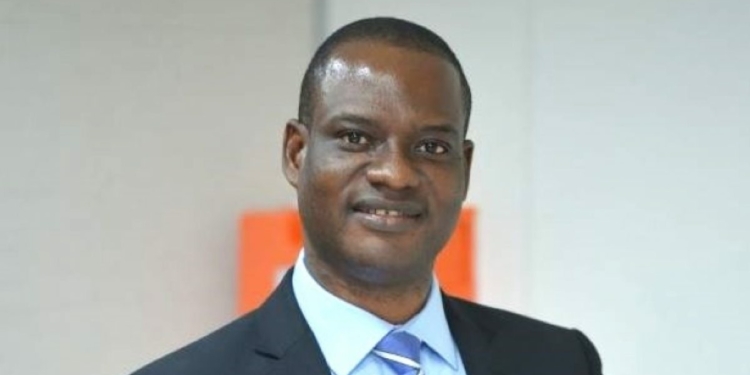- Taiwo Oyedele identifies Lagos State as the biggest loser in tax reforms, as many companies remit VAT centrally from the state
- The proposed reforms aim for fair tax distribution across Nigeria, but Oyedele warns that direct VAT collection could cause chaos
The Chairman of the Presidential Committee on Fiscal Policy and Tax Reforms, Taiwo Oyedele, has identified Lagos State as the biggest loser in the ongoing tax reform efforts.
He made this assertion during an interview on Arise TV, addressing concerns about the reform policy introduced by President Bola Tinubu.
Oyedele explained that the proposed reforms, particularly those affecting Value Added Tax (VAT), aim to ensure a fair distribution of tax revenue across all regions in Nigeria.
However, he noted that Lagos suffers the most because many companies headquartered in the state remit their VAT centrally due to centralized finance operations.
“Lagos is the biggest loser in the reform bill because most companies headquartered there currently remit their VAT within the state,” Oyedele said.
He added that the current VAT system lacks clarity due to its omission from the 1999 Constitution. “The constitution introduced in 1999 didn’t include VAT, yet the government continued its collection,” he stated.
Oyedele also addressed disputes from states like Lagos and Rivers, which argue that direct VAT collection would better reflect their contributions.
He cautioned that allowing states to collect VAT independently would lead to business chaos, describing it as a move akin to “100 per cent derivation.”
“Under the reforms, VAT collection will be adjusted to address inequities. Revenue redistribution will shift away from Lagos despite its significant contributions,” Oyedele explained.
He highlighted that companies like MTN, Dangote, BUA, Airtel, and several banks remit VAT from their Lagos headquarters. Similarly, many oil companies are headquartered in Rivers State, creating an imbalance in tax contributions under the current system.
The tax reforms, introduced in October 2024, include four proposed bills: the Nigeria Tax Bill 2024, the Tax Administration Bill, the Nigeria Revenue Service Establishment Bill, and the Joint Revenue Board Establishment Bill.
These bills aim to streamline Nigeria’s tax system, consolidate existing laws, simplify administration, and boost revenue generation.
Despite the proposed benefits, the reforms have faced significant opposition, particularly from stakeholders in Northern Nigeria. Critics have called for the withdrawal of the bills to allow for broader consultation.
Oyedele reassured Nigerians that the reforms are designed to foster fairness and efficiency in tax administration but emphasized the need for nationwide collaboration to ensure their successful implementation.






Discussion about this post